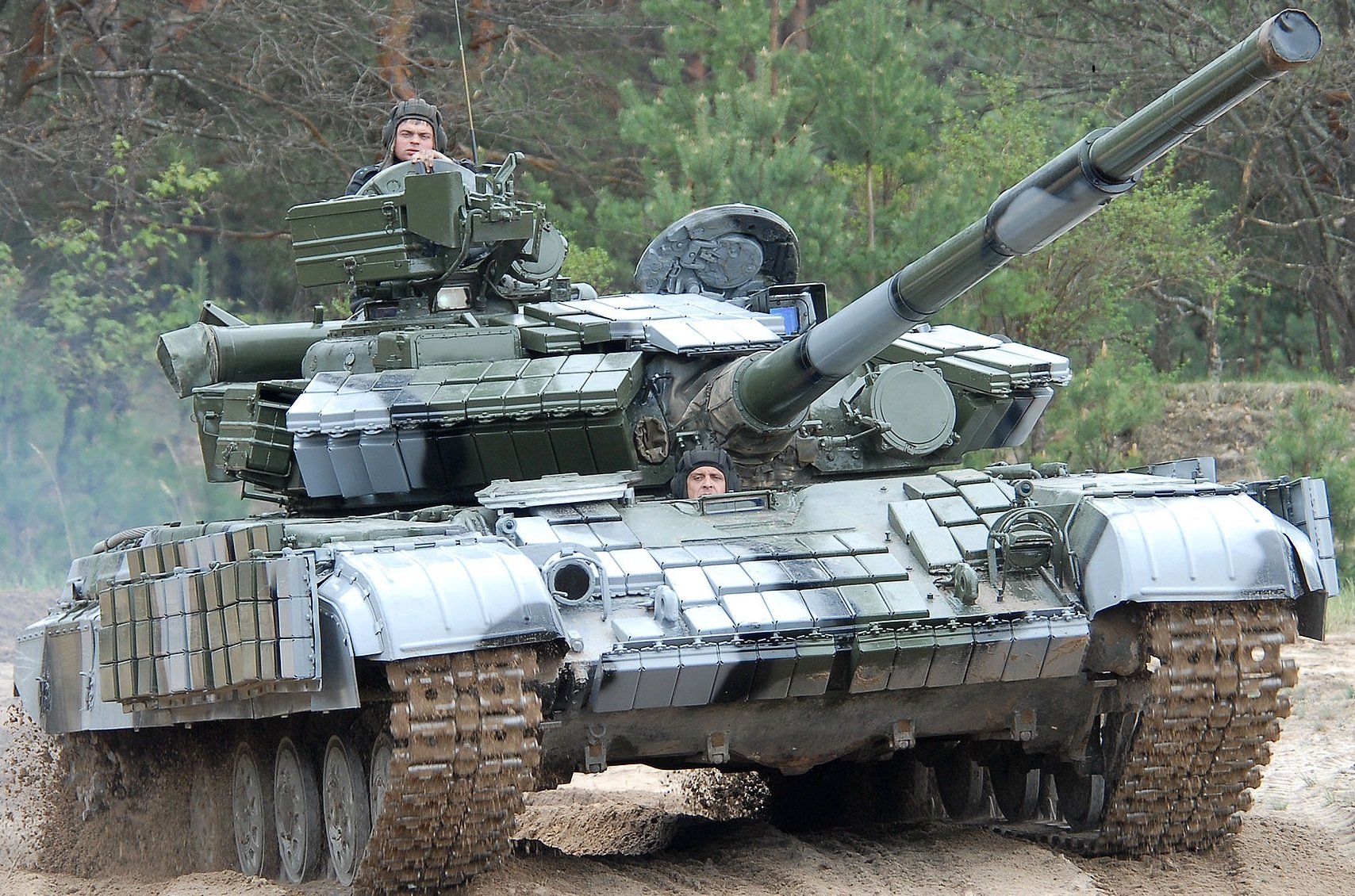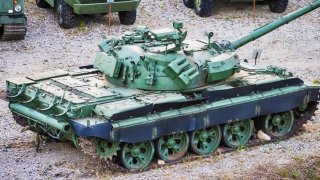The Kursk Invasion Could Be Ukraine's Next Tragedy
By invading Kursk, Ukraine intended to send a strong message to the West that victory is the best peace plan and that the allies should invest in it. This worked: The United States and the UK were full of praise, and the European Union accepted the invasion as legitimate.
After weeks of deliberation, Russia started a counteroffensive in Kursk. The Ukrainian incursion into that oblast, brilliant in its design and execution, threatens to turn into a “winning a battle and losing the war” classic.
Kursk is a powerful symbol. In 1943, the Kursk battle turned the tide of World War II and put the Soviet forces on their way to victory. The 2024 battle may also prove to be significant.
Analysts sought to find the rationale behind Ukraine’s actions. Was it an attempt to weaken Russia’s negotiation hand and force a territorial exchange? This is unlikely: The Ukrainians know how the Russian leadership thinks and would have predicted that such an incursion would harden Russia’s position.
Indeed, any goodwill for concessions that might have existed in Moscow, is destroyed. The public is with the leadership on this, having watched the Ukrainian troops bombing fleeing civilians in Kursk. Now, the prospect of "talks-about-talks," the feelers for which were underway, has evaporated, and peace negotiations are pushed months, if not years away. Thus, drawing a tough bargain was never on the books.
The idea that Russia would move troops from Donbas to fight in Kursk appears more plausible but implies that Kyiv knew well in advance that the frontlines would be threatened. However, the Russian battle plan remained unchanged, and its troops continued with gains.
Another reason offered by Volodymyr Zelenskyy is closer to the truth: By invading Kursk, Ukraine intended a strong message to the West that victory is best the peace plan, and the allies should invest in it. This worked: The United States and the UK were full of praise, and the European Union accepted the invasion as legitimate.
A more important reason is emotional. It just felt good to inflict pain on the Russians, parade surrendered Russian troops on social media, and replace Russian flags with Ukrainian, mirroring the tactics Russia uses in Donbas. The morale boost was great, and a sense of joy reigned. Western politicians rejoiced, but have they thought how many lives were lost in the gamble? Kursk also showed that Kyiv is not a pliant client for the West and can act unpredictably, even recklessly.
The price for payback may be high. Reversal of military fortunes in Kursk is possible. The Russians perform at their best when pushed against the wall. After the initial shock, a battlefield contingent is assembled. Former Wagner fighters are in position and advancing. The artillery barrage is relentless. Drones chase every Ukrainian trooper, for whom navigation is hard, while the Russians know the terrain. How long will the hastily erected Ukrainian defense lines in Kursk hold, in contrast to their well-prepared positions in Donbas? Maybe not long. The Russian advance could be slow but brutal. It may not stop at the border, but rather continue into the Sumy region. Moscow did not previously have that in sight, but might feel compelled to pursue a buffer zone along the border. In the meantime, the Donetsk front suffers from shortages and forces are in retreat.

Ukraine taught Russia a bitter lesson. Russia’s border defenses proved dismal, conscripts were unprepared to fight, and sending reinforcements in armored columns turned into a disaster. The evacuation was chaotic, and the Emergencies Ministry was notorious for its absence. The protective arm of the state flopped.
Still, some omens are in Russia’s favor. Kursk invasion could go down in history as a tragedy for Ukraine, an unexpected war booster for Russia, and a headache for the West, whose goal of ending the war on somewhat decent terms for Ukraine moved further away.
About the Author
Anna Matveeva is a Senior Visiting Research Fellow at Russia Institute at King’s College London and the author of Through Times of Trouble (Lexington Books 2018).
Image Credit: Creative Commons and/or Shutterstock.


